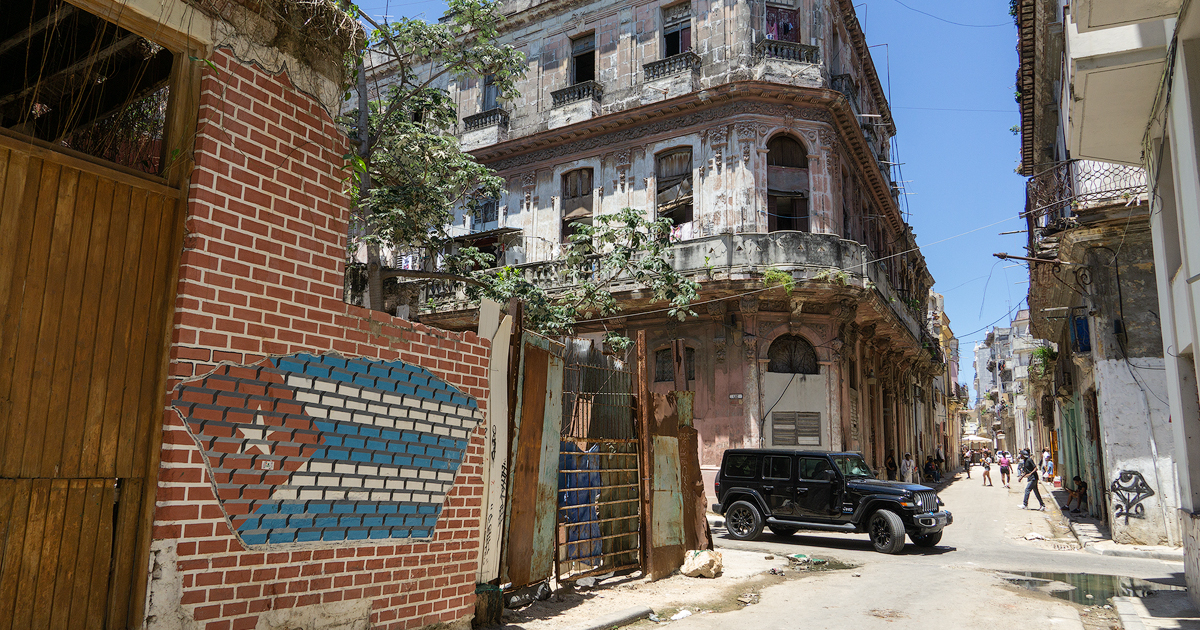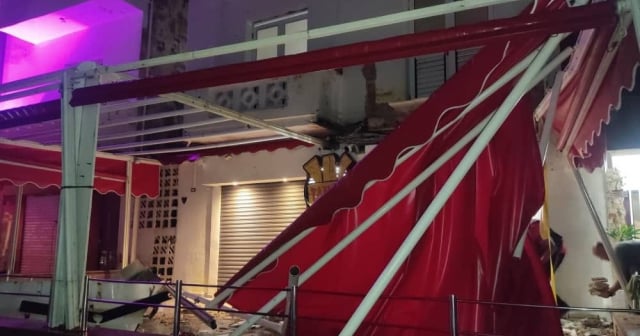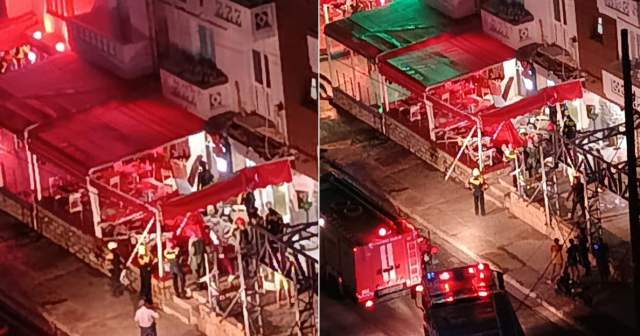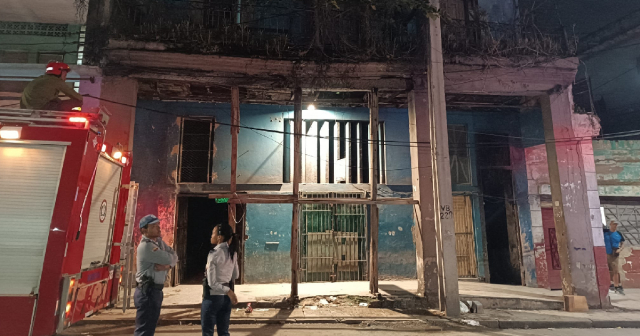
This week, a series of landslides have been reported in Cuba, leaving a tragic toll of victims, injured individuals, and a growing concern about the precariousness of housing on the island.
These incidents reflect not only the vulnerability of housing structures but also the ineffectiveness of the authorities in ensuring the safety of citizens.
The first significant incident occurred on June 19 in Old Havana, where a collapse left at least one person injured.
This event underscored the fragility of the buildings in one of the oldest and most densely populated areas of the Cuban capital. Despite the "efforts to preserve the historical heritage," the reality is that the lack of maintenance and overpopulation continue to be critical issues in this neighborhood.
The tragedy was exacerbated by another collapse in El Vedado, an area known for its cultural and touristic value, where three people were injured after a balcony collapsed in a cafeteria.
In less than 24 hours, on June 21, one of the most serious incidents was reported, a wall collapsed, resulting in one fatality and two injuries in the Cerro municipality.
A third case was reported that day, a partial collapse, in the Playa municipality. The residents of the place had time to evacuate before the situation could worsen.
The Cuban government has tried to justify these collapses by citing specific causes, such as the lack of proper maintenance and adverse weather conditions.
However, these explanations fall short in the face of the magnitude of the problem. The reality is that the island's infrastructure is in an alarming state of disrepair, a fact that authorities can no longer ignore.
That same night, in the middle of a blackout, a house collapsed in Alacranes, Matanzas, further aggravating the situation.
These events are not isolated, but part of a recurring pattern that highlights the poor management of the Cuban government in the area of housing.
The lack of investment in the rehabilitation of buildings and the inefficiency in the implementation of preventive measures have led to a state of precariousness that takes lives and affects thousands of families.
Authorities must take responsibility for this crisis and take urgent actions to improve the living conditions of the citizens.
It is not enough to point out the immediate causes of collapses; it is necessary to address the roots of the problem with sustainable policies and a real commitment to housing safety.
The lives lost and the injuries suffered in these collapses are a tragic reminder of the urgent need for profound change in Cuba.
What is your opinion?
COMMENTFiled under:






